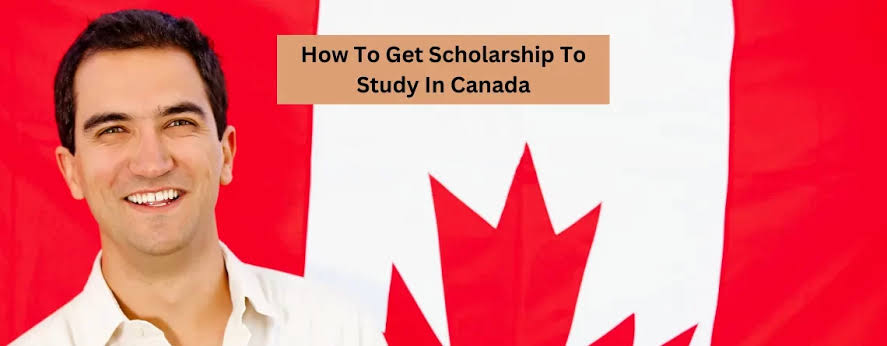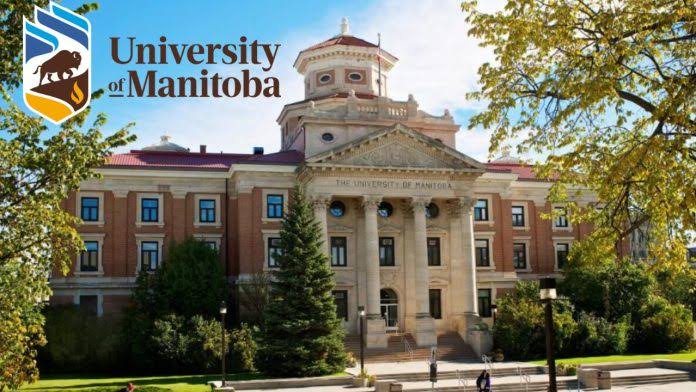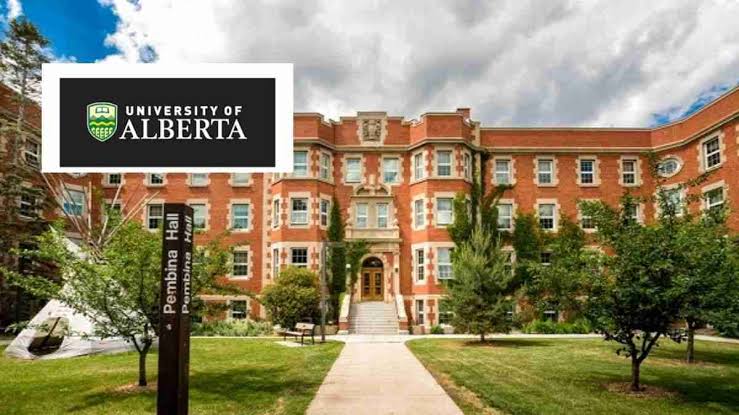In 2025, Canada remains known as a multicultural and multilingual country. English and French are its two official languages. The Canadian government and many institutions offer scholarships to support language learning and cultural exchange. These scholarships are helpful for students and professionals who want to improve their English or French skills, study linguistics, or work in translation and interpretation.
These scholarships are available to both domestic and international applicants and can serve as gateways to further educational or professional opportunities in Canada. Understanding the step-by-step process of applying can significantly increase your chances of receiving one.
Identify the Right Language Scholarship Program
The first step in applying for a Canadian language scholarship is to research and identify which programs are suitable for your goals and qualifications. There are several scholarships available depending on your academic background, nationality, intended language of study, and level of proficiency.
For example, the Explore program funded by the Canadian government supports five-week French immersion courses for students from across Canada. The Bursaries for Postsecondary Studies in French as a Second Language Program targets students pursuing post-secondary education in French. Other notable opportunities include the Canadian Commonwealth Scholarship Program and institution-specific language scholarships offered by universities like the University of Ottawa or Université Laval.
It’s crucial to check eligibility criteria such as age, citizenship, language level, and field of study to ensure that you are a suitable candidate before proceeding further.
Understand the Eligibility Requirements
Each scholarship has its own set of eligibility rules. In 2025, most language scholarships in Canada require that applicants demonstrate a strong academic background, a commitment to language acquisition, and in some cases, a specific level of language proficiency.
For French-language programs, applicants may need to provide proof of basic to intermediate proficiency in French, depending on whether the course is designed for beginners or more advanced learners. For English-language programs, especially those offered to international students, a minimum IELTS or TOEFL score may be required.
In some instances, candidates must also be enrolled in or accepted into a recognized Canadian institution. For high school and undergraduate students, letters from academic advisors may be requested as part of the eligibility documentation.
Prepare and Collect the Necessary Documentation
Applying for a Canadian language scholarship involves collecting a number of important documents. Most applications will require official academic transcripts, proof of citizenship or residency, a statement of purpose, and letters of recommendation.
A strong statement of purpose is crucial. This essay should explain why you want to improve your language skills, how the scholarship aligns with your academic or professional goals, and what impact it will have on your future.
Some scholarships also request a language proficiency test score or ask you to take a placement test before the program begins. Be sure to verify the language requirements and prepare accordingly. In 2025, digital test submissions and online verification portals have made the process more streamlined, but thorough preparation is still key.
Apply Through the Correct Channel or Portal
Once you have gathered your documents, the next step is to apply through the appropriate channel. Federal programs like Explore and the French-language bursaries are typically managed through dedicated government portals. For example, the “Languages Canada” website and the “EduCanada” platform are reliable sources for national and provincial programs.
For university-specific scholarships, you’ll usually need to submit your application through the institution’s online portal. Some schools may include language scholarship applications as part of the main admission process, while others require a separate form.
Double-check all submission deadlines. As of July 2025, most scholarship applications open several months before the start of the academic session and close around three to four months in advance. Late submissions are rarely considered.
Follow Up on Application Status and Next Steps
After you submit your application, it’s important to keep track of any follow-up communications. Some programs may request additional documentation or clarification, especially if anything is unclear in your application.
Most language scholarship programs will notify successful applicants by email. Some may also post results on their website or through your university’s student portal. In many cases, you may need to formally accept the scholarship and confirm your participation in the program.
If you’re applying for a short-term language program like Explore, you’ll also receive information about housing, travel arrangements, and program orientation. Be sure to respond promptly and prepare for the next steps, such as visa application if you’re an international participant.
Arrange Visa and Travel if Required
If you’re an international applicant, receiving a Canadian language scholarship doesn’t automatically grant you the right to study in Canada. You may need to apply for a study permit or a visitor visa, depending on the duration and nature of the program.
In 2025, Canada’s immigration system allows for streamlined processing of short-term study permits, especially for government-funded language programs. However, you’ll need to show proof of scholarship, travel arrangements, and adequate financial support for any additional costs.
Make sure to apply early, as visa processing times can vary by country and season. Also, consult the IRCC (Immigration, Refugees and Citizenship Canada) website regularly for updates on documentation and health requirements, including any vaccination or health insurance policies.
Participate and Engage Fully in the Program
Winning a Canadian language scholarship is only the beginning. To gain the most from the experience, you must participate actively and engage with the content, instructors, and fellow students.
Many language programs in 2025 use immersive teaching techniques, combining classroom lessons with cultural activities, group projects, and language labs. This holistic approach is designed to improve not just grammar and vocabulary but also cultural fluency and communication confidence.
Networking with fellow participants and instructors can also open doors to internships, further study opportunities, or even permanent settlement pathways in Canada. Take advantage of every opportunity to learn and grow during your time in the program.
Reflect and Plan Your Next Steps
Once your language program concludes, reflect on your progress and how you can apply what you’ve learned. Some scholarship programs offer follow-up support, mentorship, or connections to alumni networks that you can tap into for future academic or career development.
You may also consider pursuing further education in Canada, applying for advanced scholarships, or using your new language skills in your professional life. The experience and qualifications gained through a language scholarship can become a valuable asset on your CV or immigration profile.
If you plan to stay in Canada for further studies, speak with academic advisors or program coordinators to explore the transition into undergraduate or graduate degree programs.
Conclusion: Unlocking Opportunity Through Language
Applying for a Canadian language scholarship is a journey that involves preparation, intention, and determination. These scholarships are more than just financial support—they are opportunities to immerse yourself in a new culture, improve essential communication skills, and expand your academic or professional horizons.
By understanding the process, meeting the requirements, and putting forth a strong, thoughtful application, you can take a meaningful step toward personal and academic growth in one of the world’s most inclusive and educationally advanced countries.




Very insightful